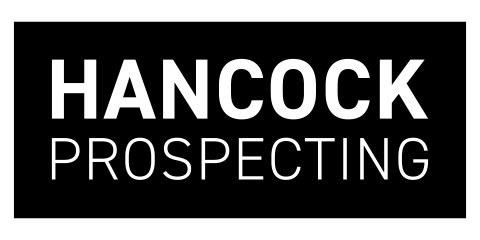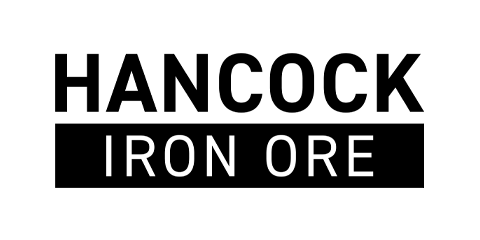
Article by Jacob Greber courtesy of the Australian Financial Review.
Senex, headed by CEO Ian Davies, has given the ACCC recent bidding data for 229 petajoules of new gas that showed buyers would have secured prices in the “low to mid-teens”. Oscar Colmannone
The company says the process represents real-time evidence that the market was operating without duress only weeks before parliament passed the price cap and regulatory intervention legislation in late December.
The major LNG producers as well as smaller domestic-focused players like Senex say the intervention has triggered market chaos and resulted in a flood of cancelled deals as suppliers struggle to understand the consequences of ongoing ACCC regulation and the threat of massive fines.
Labor says the price cap on gas and a separate cap on coal are already putting downward pressure on energy prices, but there have been growing warnings – including from the ACCC – that Australia faces a looming supply shortage in coming years.
Unsustainable expectations
Senex chief executive Ian Davies, in a blunt submission to the government’s gas market consultation that closed last week, urged Labor to avoid crashing the industry as it scrambles to meet demand in coming years.
“Senex’s EOI process demonstrates there is no market failure for gas supply from 2025 and therefore no case for heavy-handed and enduring market intervention,” he wrote.
Senex noted in its submission that widespread speculation of potential intervention and a call by former ACCC chairman Rod Sims in October for an east coast price cap of $10 per gigajoule was among the causes of the market’s breakdown when buyers withdrew from negotiations with suppliers.
“Unfortunately … the federal government’s actions have reinforced unreasonable and unsustainable expectations that intervention will deliver superior terms and conditions (including price) for buyers, resulting in the withdrawal by many buyers from active negotiations and revision of offers,” it said.
“Heavy-handed and enduring market intervention has only served to impede the efficient operation of the market.”
The market collapse Senex says it experienced coincided with a number of high-profile deals struck between larger buyers and producers in the weeks and days before Labor intervened, and even as speculation of likely action to lower prices was rampant.
Brickworks signed an 11-year supply deal in late November with Santos from 2025, understood to have been at around $12 a gigajoule, a level the nation’s largest brickmaker said would enable it to make a profit.
Mr Davies has offered the government a series of recommendations, including measures to boost competition rather than price controls. He also proposed using existing regulatory measures such as an “amended and strengthened” heads of agreement and Australian Domestic Gas Security Mechanism, a power that enables the Resources Minister to divert gas from the export market to domestic buyers.
“If the federal government is minded to intervene in energy market regulatory settings, any changes must be considered, measured, targeted and time-bound, involving genuine industry consultation and parliamentary oversight,” he said.
“None of these conditions are evident in the current intervention package as presented by the Albanese government.”
Capital is mobile
After the price cap legislation was passed, Senex paused its planned Surat Basin, which Mr Davies said could not proceed until the role of the market regulator in directing gas companies was clarified.
Mr Davies told Labor that Senex and its shareholder are ready to invest billions of dollars in new energy supply for Australia.
“But for this to happen Senex must be confident that the necessary regulatory settings are stable and sufficiently balanced to incentivise the necessary risk-taking of material investment in new gas supply.
“Capital is mobile and seeks secure investment environments, and this fact must be respected when decisions to intervene in markets are being contemplated.”
An ACCC spokeswoman said the watchdog had been engaging with gas producers and others in the sector in relation to the intervention.
“We treat these meetings as confidential and do not comment on information or views put to us.”



